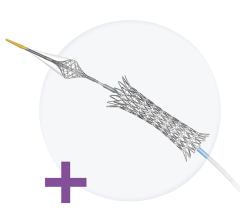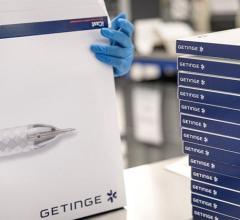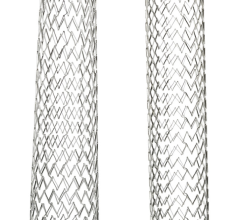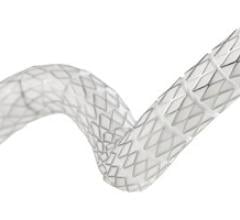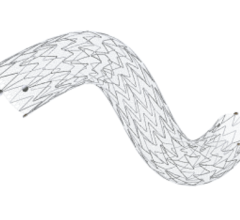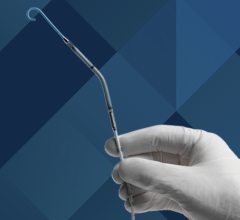
April 8, 2014 — The Society for Cardiovascular Angiography & Interventions (SCAI) issued a list of five specific, evidence-based recommendations that should be avoided in the care of patients who have, or are at risk for, cardiovascular disease. SCAI’s list was developed as part of Choosing Wisely, an initiative of the ABIM Foundation, to help physicians and patients make wise decisions together about the most appropriate care based on individual situations.
SCAI’s list includes the following five recommendations:
• Avoid routine stress testing after percutaneous coronary intervention (PCI) without specific clinical indications.
• Avoid coronary angiography in post–coronary artery bypass graft (CABG) and post-PCI patients who are asymptomatic, or who have normal or mildly abnormal stress tests and stable symptoms not limiting quality of life.
• Avoid coronary angiography for risk assessment in patients with stable ischemic heart disease who are unwilling to undergo revascularization or who are not candidates for revascularization based on co-morbidities or individual preferences.
• Avoid coronary angiography to assess risk in asymptomatic patients with no evidence of ischemia or other abnormalities on adequate non-invasive testing.\
• Avoid PCI in asymptomatic patients with stable ischemic heart disease without the demonstration of ischemia on adequate stress testing or with abnormal fractional flow reserve testing.
“We believe this list will spur conversations between heart patients and their physicians to make wise decisions about care based on their individual situation,” said James C. Blankenship, M.D., FSCAI, 2013-14 vice president of SCAI. “Our goal is to improve care for the patient and eliminate unnecessary tests and procedures.”
SCAI’s list is based on guidelines and appropriate use criteria developed by SCAI, the American College of Cardiology (ACC), American Heart Association (AHA) and other professional societies. All of the tests and procedures on SCAI’s list have been deemed to be “inappropriate” or “rarely appropriate,” according to the latest appropriate use criteria, or are “not recommended,” according to the most current professional guidelines. SCAI selected these items because appropriate use criteria and guidelines have been carefully vetted, adjudicated and agreed upon by experts from many societies.
“SCAI has shown tremendous leadership by releasing its list of tests and procedures they say are commonly done in invasive/interventional cardiology, but aren’t always necessary,” said Richard J. Baron, M.D., president and CEO of the ABIM Foundation. “The content of this list and all of the others developed through this effort are helping physicians and patients across the country engage in conversations about what care they need, and what we can do to reduce waste and overuse in our health care system.”
To date, nearly 100 national and state medical specialty societies, regional health collaboratives and consumer partners have joined the conversations about appropriate care. With the release of these new lists, the campaign will have covered more than 250 tests and procedures that specialty society partners say are overused and inappropriate, and that physicians and patients should discuss.
“Discussion between the physician and the patient and patient’s family is the foundation for delivering optimal, effective care,” said SCAI 2013-14 President Ted A. Bass, M.D., FSCAI. “Clinical judgment remains critical in determining the best course of care for the individual patient, with the complementary use of guidelines and appropriate use criteria.”
The Choosing Wisely campaign reaches millions of consumers nationwide through a stable of consumer and advocacy partners, led by Consumer Reports — the world’s largest independent product-testing organization — which has worked with the ABIM Foundation to distribute patient-friendly resources for consumers and physicians to engage in these important conversations.
For more information: www.SCAI.org, www.ChoosingWisely.org


 November 24, 2025
November 24, 2025 



